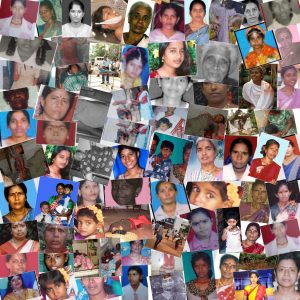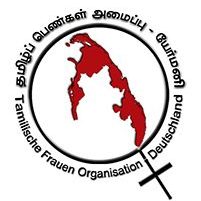Genocide and femicide

Nothing in human history has led to more catastrophes than dictatorial regimes. We know of the Nazi Holocaust, the Armenian genocide, the colonial genocides of settlers against indigenous peoples in the Americas, and many massacres in regions such as Africa and the Middle East and many countries in Asia.
According to the definition of the UN Convention on the Protection against Genocide and its Criminalisation, genocide is defined as “any of the following acts committed with intent to destroy, in whole or in part, a national, ethnic, racial or religious group as such: Killing members of the group; causing serious bodily or mental harm to members of the group; deliberately imposing on the group conditions of life likely to bring about its physical destruction in whole or in part; imposing measures aimed at preventing births within the group; forcibly transferring children of the group to another group…”
The Tamil people have experienced oppression to the point of genocide since the independence of Ceylon, which the Sinhalese renamed Sri Lanka, in 1948. For years, the Tamil people have been fighting for the Sinhala state and the Sri Lankan government to answer for their systematic genocide at the International Criminal Court in The Hague. The genocide of the people is particularly evident in the deliberate murder, killing, and rape of Tamil women.
